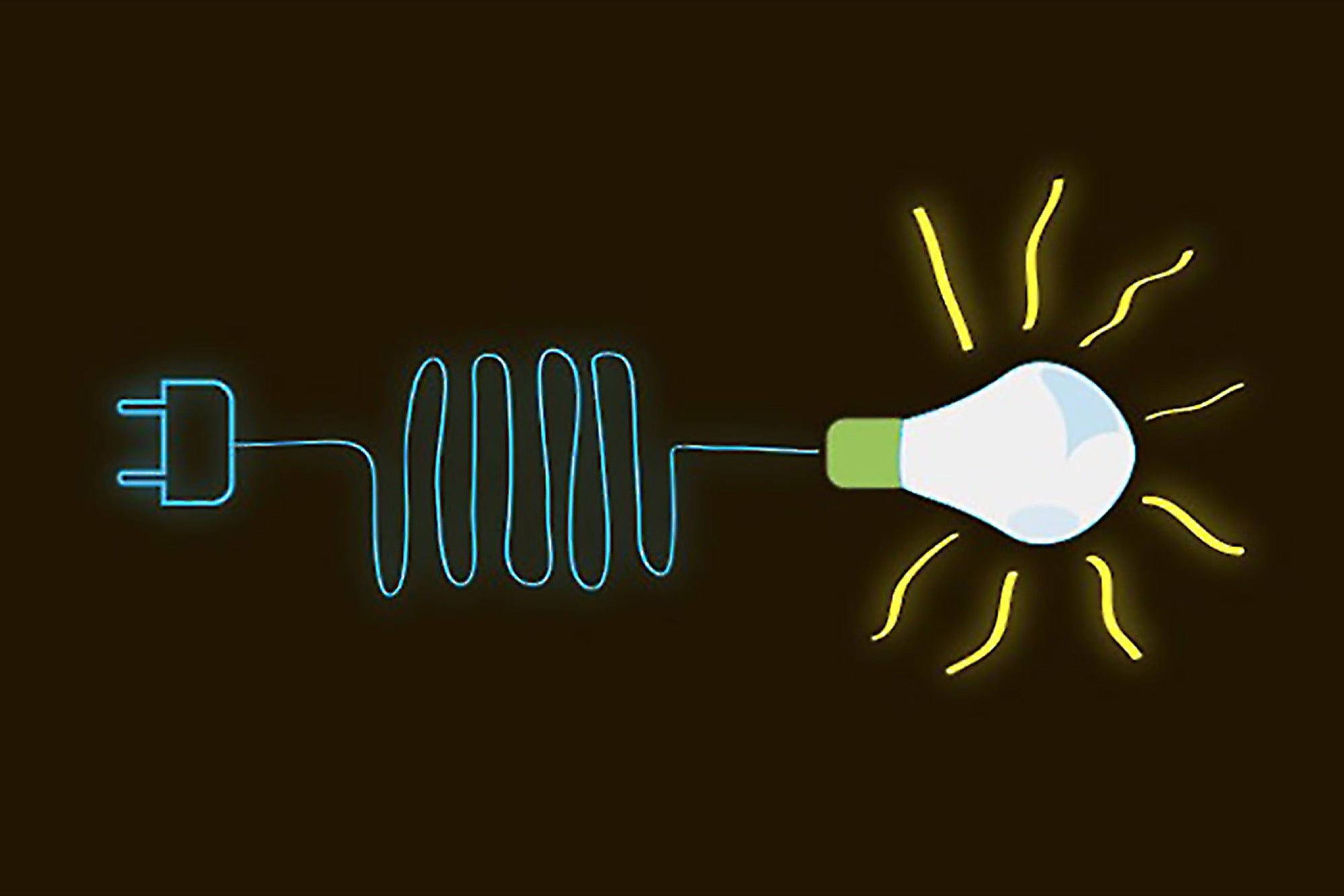6 Steps to Qualifying a Prospective Licensee Before you sign on the dotted line, make sure you know a lot about the company you're doing business with.
By Pete Canalichio •

Opinions expressed by Entrepreneur contributors are their own.

Before signing a licensing agreement, it's critical that a brand owner ensure that a prospective licensee have what it takes for the program to be successful. This requires conducting comprehensive due diligence on the selected company from multiple perspectives: business, financial, legal and risk management.
Related: Why Licensing is the Best Way to Get Your Product on Store Shelves
The more comprehensive the review, the less likely it is that the licensee will have unforeseen issues going forward, and the greater the likelihood for success. Here are six necessary steps for qualification:
1. Legal check
Is the company a legitimate legal entity? How long has it been in business? Where is it incorporated? Is it doing business under a different name? What is its structure? Is it a shell corporation, or does it have actual employees, assets and liabilities? Has it been the subject of any major lawsuits in the last three to five years? If so, what was the nature of the charges and how did the company resolve them?
2. Financial check
To fully understand the financial strength of an organization, it's important to obtain the prospective licensee's financial statements going back at least three years. These statements help assure the licensor (the brand owner) that the licensee (the manufacturer or service provider) has the resources to commit to the licensing program from the beginning to the end of the contract.
Because many prospective licensees are privately held companies, they will be reluctant to share their financial statements. However, because it's critical for a licensor to have this information, this should be a non-negotiable item. Licensors should also conduct a credit check. This reveals the prospective licensee's timeliness and reliability to pay bills. Given the systematic royalty payment requirements of the licensing contract, ascertaining credit-worthiness is critical.
3. Business check
Is the company reputable in the selected product category? Does it possess any other brand licenses or has it had them in the past? If so, what do current or previous licensors say about the way the company has managed its licensing programs? What is its reputation in the marketplace? What do current customers say about its reliability and serviceability? How well managed is the company? How eager is it to get the license? How collaborative? What are the estimated sales forecasts for the selected product, as well as its sales history, over the past three years?
Related: How Much in Royalties Could You Generate Through Licensing?
4. Marketing check
What is the prospective licensee's market share position in the selected product category? How long has it been selling the product? What is its rank by revenue, distribution, employees? Is it a market leader? What channels is it presently in? How has it been growing? What kind of product innovations has it launched in the past? What are its strengths? How well does it understand the marketplace and branding? How is it currently promoting its products?
5. Reference check
Reference checks are an important component of the due diligence process. Licensors should interview at least three buyers from among the retailers that the prospective licensee intends to sell to. This helps the licensor understand quickly the quality of the company from a delivery, manufacturing, service, marketing and sales perspective. In addition, licensors should interview up to three other licensors if the prospective licensee holds other licenses. These interviews enable the licensor to understand how effectively it can expect the candidate to execute a licensing program.
6. Quality and compliance check
Does the licensee own its own manufacturing or does it outsource it? If it sources the product, how long has it been been working with its manufacturers? Will it be able to meet the brand's quality expectations? How have these manufacturers performed on previous audits? Do they or can they meet the social and environmental compliance standards of the brand?
Related: Have a Lot of Clever Ideas? License Them to the Novelty Gift Industry.
If the prospective licensee meets each of these checks, the licensor can feel confident it has a strong candidate for its program and should now be ready to negotiate business terms.












